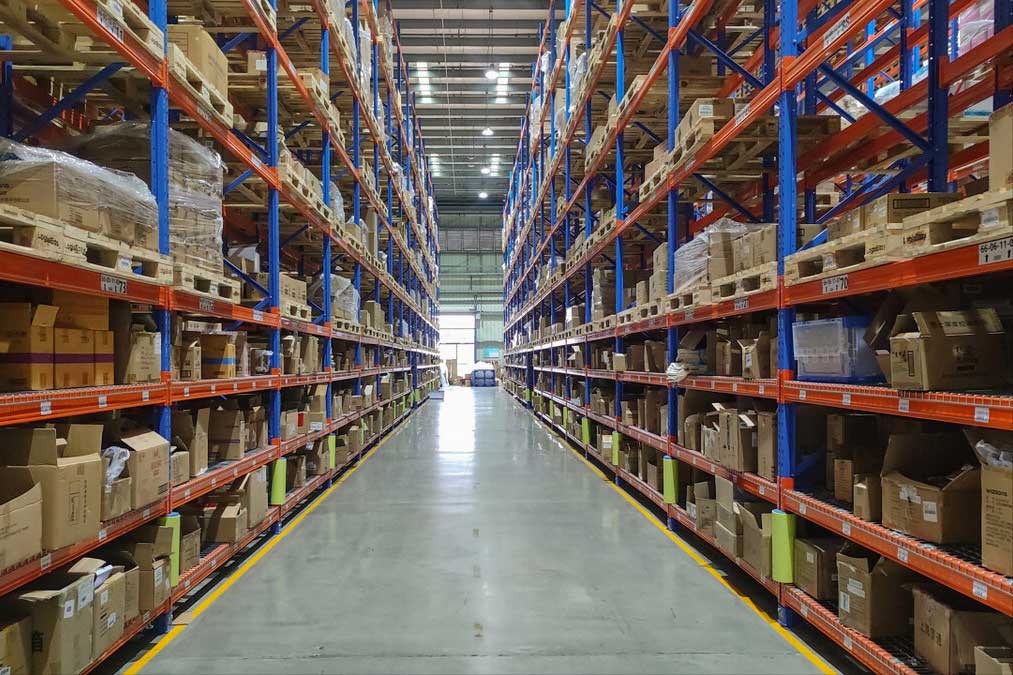
The "Three Carriages" of customs supervision: materials, goods, and equipment.
Navigating the ocean of processing trade, customs supervision acts like a lighthouse guiding companies toward compliance. Among them,materials supervision, goods supervision, and non-priced equipment supervisionThey form the "three pillars" of customs bonded supervision. As a veteran with 20 years of experience in foreign trade, I have witnessed numerous cases of companies "capsizing" in these three areas and deeply understand the importance of mastering these regulatory points for corporate development.
Materials supervision: full lifecycle management from import to verification
Material supervision is the foundational aspect of processing trade. According to Article 33 of the Customs Law, processing trade enterprises must register with customs and accept customs-approved material consumption standards. In practice, enterprises often encounter the following issues:
- Inaccurate material consumption declaration: Leading to subsequent verification difficulties and even facing administrative penalties
- Improper handling of leftover materials: Failing to follow required procedures for domestic sales or destruction
- Verification delay: Exceeding the stipulated period to complete verification procedures
I recommend enterprises establisha dynamic material management systemto track material usage in real-time, ensuring consistency withCustoms declarationcustoms data. Remember the essence of General Administration of Customs Announcement No. 218 of 2019:"Standardized declaration, online processing".
Cargo Supervision: The "Tight Curse" and "Protective Umbrella" of Bonded Goods
Article 37 of the Customs Law explicitly stipulates that goods under customs supervision shall not be disposed of without permission. This regulation acts like a "tight constraint" on bonded goods, yet it also serves as a "protective umbrella" for enterprises. In actual operations, enterprises need to pay attention to the following:
- Goods status changes: Any modifications or alternative uses must obtain prior customs approval
- Domestic sales taxation: Follow General Administration of Customs Announcement No. 70 of 2013 for centralized taxation procedures
- Disaster-affected goods handling: Report to customs promptly and provide relevant documentation
I once assisted an electronics company in handling typhoon-damaged bonded goods. By promptly reporting to customs and submitting complete evidence, they successfully completed verification procedures and avoided significant losses.
Non-priced equipment supervision: smart management of the five-year agreement
Non-priced equipment supervision has its particularities. According to the "Administrative Measures for the Import of Mechanical and Electrical Products," the supervision period is five years. This is akin to a "five-year agreement" between enterprises and customs, during which the following points require attention:
- Disposal during supervision period: Early termination of supervision requires completing relevant procedures
- Post-supervision handling: Equipment remaining with the original enterprise can apply for supervision termination
- Equipment transfer: Transfers during supervision period require re-processing import procedures
General Administration of Customs Announcement No. 218 of 2019 optimized the non-valued equipment supervision process. Now enterprises can use theGolden Gate Phase II systemOnline processing of various procedures has greatly improved convenience.
New supervision methods in the digital era
With the advancement of "Internet + Customs," enterprises can now handle various regulatory procedures without leaving their offices:
- Online declaration: Submit the application through the "Internet + Customs" or "Single Window" platform.
- Electronic receipt: The system automatically provides feedback on processing results
- Paperless operation: No need to submit paper materials, environmentally friendly and efficient
I remember helping a garment company last year to process the domestic sales procedures for materials through the "Single Window" system. The entire process, from declaration to completion, took only three working days—an efficiency unimaginable in the era of paper-based office work.
Three practical suggestions for enterprises
Based on 20 years of practical experience, I offer the following suggestions to enterprises:
- Establish a compliance system: Set up dedicated positions responsible for customs regulatory affairs
- Make good use of policy dividends: Such as centralized taxation, online processing and other convenient measures
- Maintain smooth communication: Regularly communicate with the competent customs to stay updated on policy changes
Customs supervision is not a shackle that restricts corporate development, but a safeguard for regulating market order. By mastering the regulatory requirements for the "three essentials"—materials, goods, and equipment—enterprises can navigate the foreign trade journey steadily and far.


 Follow Customer Service WeChat
Follow Customer Service WeChat